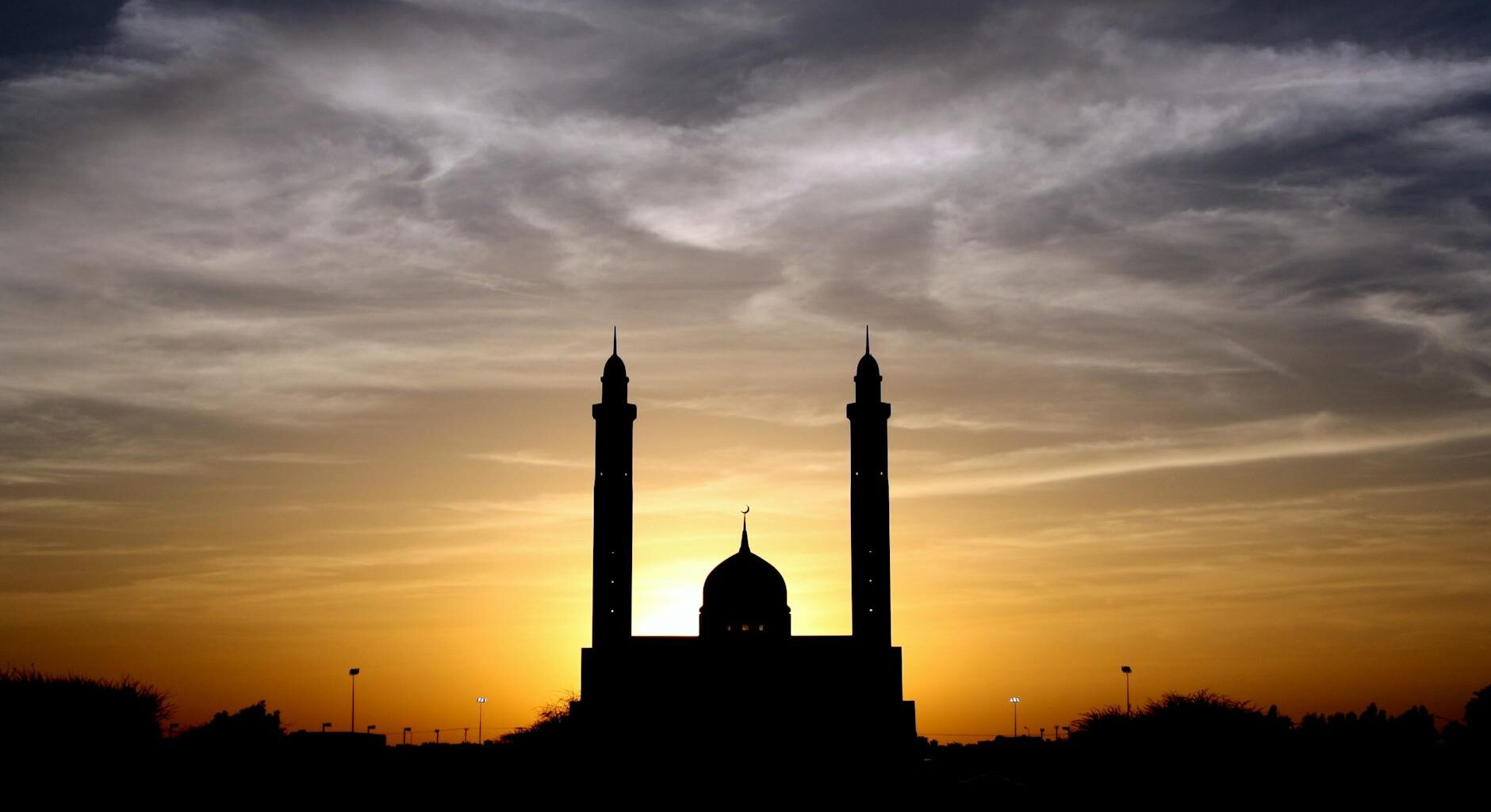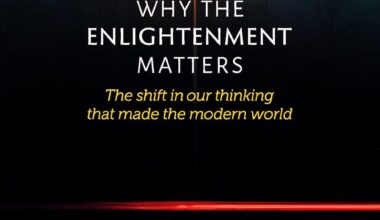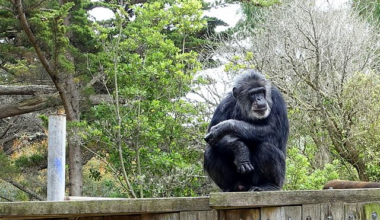Last year, a video went viral on social media. It featured a young man explaining that a woman must listen to her husband’s commands and ‘specifically even more so when it comes to intercourse’. The speaker said she should agree to have sex ‘straight away’, ‘without delaying’, and without showing ‘dislike’.
And if she continues to refuse her husband? ‘He’s allowed to hit her’, the speaker said.
This wasn’t a video by Andrew Tate, or any other ‘manosphere’ celebrity. This was a video published by An-Noor Masjid and Community Centre, a mosque in Birmingham—and it is a registered charity.
When we at the National Secular Society saw the video, we reported it to the Charity Commission for condoning violence against women and marital rape. Registered charity status brings not only generous tax benefits, but a great deal of public trust. Charities are meant to provide a public benefit and ensure vulnerable beneficiaries aren’t at risk of harm. This charity was clearly doing the very opposite.
The Charity Commission’s response was to give the charity ‘advice and guidance’. And then it closed the case. The charity continues to operate, and the man in the video, Mahamed AbdurRazaq, has since preached in other mosques—including one previously advised by the Commission for a sermon condoning marital rape.
We’ve seen cases like these so often that we decided to compile a report of religious charities which have promoted or condoned misogyny, from the subjugation of women to physical abuse.
Our report, Mission and Misogyny, reveals not only the scale of misogyny in religious charities, but the apparent inability of charity regulators to do much about it.
Why is this? Simply, it’s due to the religious privilege enshrined in charity law. ‘The advancement of religion’ is one of several recognised charitable purposes. If your non-profit organisation exists to advance a recognised religion, it is easy to gain registered charity status without demonstrating any tangible public benefit.
Our report demonstrates that this charitable purpose of ‘the advancement of religion’ facilitates the spread of misogyny that is rooted in religious dogma. An-Noor Masjid was indeed advancing religion when it hosted AbdurRazaq’s lecture: throughout his talk, he referenced Islamic scripture to justify his views on women.
In some cases, charity regulators have explicitly refused to act on misogynistic charities because they are religious. In 2022, we reported Christian charity Moray Coast Baptist Church to the Office of the Scottish Charity Regulator (OSCR) after its pastor said the ‘primary function’ of a woman is ‘to be married, to have children, and to tend to household affairs—the cooking, the cleaning, the washing up’.
OSCR didn’t want to know. It explained it could not act because: ‘The views expressed are likely to be held by virtue of a manifestation of a religious belief.’
So it seems charities are allowed to promote misogyny—as long as it’s religious misogyny.
There are many other cases in our report. They include charities which have published or signposted material saying that a woman must not leave her house without covering her entire body apart from her eyes, that a woman who submits to her husband’s leadership is ‘easier to love’, and that ‘female circumcision’ (i.e. the illegal practice of female genital mutilation) has ‘medical benefits’.
Our report also looks at the issue of religious ‘courts’ in Islamic and Jewish communities, which are inherently patriarchal, discriminate against women, and have sometimes enabled domestic or sexual abuse. Many, if not most, such courts operate as registered charities. Again, any institution which treats women as second-class citizens has no business in the charity sector.
Of course, this does not mean that religious people are more likely to be misogynists. Misogyny is a complex issue, of which religion is but one aspect. Plenty of misogynists have no religion, and some of the bravest and most vehement women’s rights campaigners are from Christian, Muslim, and other religious backgrounds. Many religious leaders have condemned misogyny and are working to reform the less progressive aspects of the religions they represent. And there are numerous religious charities which do vital, tangible public good without promoting hatred or contempt of women.
But misogyny is undeniably present in too many religious charities—and is, in effect, being subsidised by public funds via tax breaks and sometimes Gift Aid.
That’s why our report calls for the charity status of any organisations which promote or condone misogyny to be revoked. It also recommends a review of the ‘advancement of religion’ charitable purpose to assess its role in allowing misogynist charities to register.
We should take pride in how far women’s rights in the UK have progressed in the past century. Within those 100 years, we have seen women gaining many rights: the right to vote in general elections, the right to sit in the House of Lords, the right to own and control property when married, the right not to be discriminated against in work, education and training, and the right not to be raped by their husbands (incredibly, marital rape was only criminalised in 1995).
The UK is now one of the best countries to be a woman. We are ranked fourth most equal in the World Economic Forum’s Global Gender Gap Index 2025.
Sadly, this progress cannot be taken for granted. Human rights need constant defending, and women’s rights are no exception.
As long as we let charities continue to preach misogyny, the UK risks letting its progress on women’s rights slide backwards. This is especially true for women and girls in minority communities, who are often already marginalised.
The failure of the regulators and government to tackle misogyny in charities requires urgent attention. We cannot continue to let religious organisations promote discrimination and violence against women and girls while they enjoy the tax benefits and public trust which registered charitable status unlocks.
Misogyny will not end if it continues to be tolerated in the charity sector. We must therefore empower the charity regulators to put a stop on charities which threaten women’s rights. And we must also re-examine our charity system at its roots and make the necessary reforms to ensure no organisation that undermines women’s equality and dignity can ever register as a charity, religious or not.
You can read the full ‘Mission and Misogyny’ report, and send it to your MP, here.
Related reading
Faith and charity law: time for a rethink, by Megan Manson
Lost in the manosphere: interview with James Bloodworth, by Daniel James Sharp









Your email address will not be published. Comments are subject to our Community Guidelines. Required fields are marked *
Donate